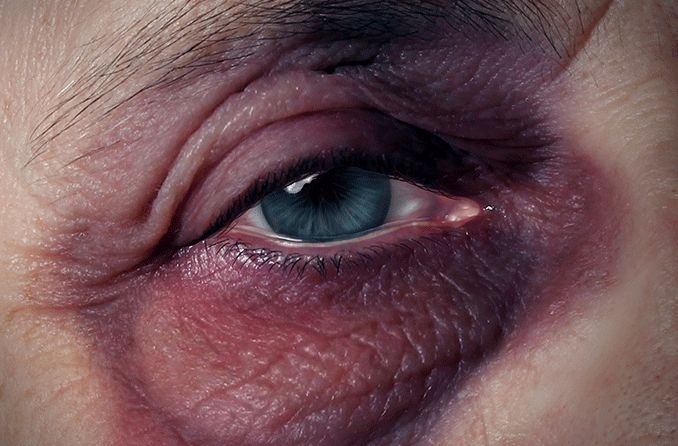Technology and science have brought innovation to every walk of life, but its most dominant effects are visible in the healthcare industry. Medical assistance is a growing need by the hour. More people are visiting health centers and facilities to entertain their concerns than ever. Those not suffering from an immediate form of illness are doing so as part of a preventive care measure. And it has only been possible to accommodate and treat them because of the modern-day technology.
The existential health problems are nowhere near the issues faced in the past. They are intricate, detailed, and require comprehensive study and analysis before treating them. Also, the treatments and possible solutions to these problems are equally complex. It was with the support of technology that we were able to understand and cure them. Or come up with alternatives to suppress them.
Currently, millions of people are reliant on drugs and medication for survival, which is all a work of science and tech. And a similar figure is only alive because tech-supported procedures came through for them. That highlights the vitality of its role in saving lives and promoting healthcare, while the trends suggest an even astounding growth to these integrations.
Here are some brief outlines of how tech has already inspired the world of medicine and globally promoted healthcare and fitness for people. You might be able the notice a reflection of the promising future and its inclinations from them.
1. INFORMATION & IT STRUCTURING
Healthcare is a service profession that is highly reliant on information and data of a patient’s health. It is descript and sensitive, which also means that it is in tremendous amount, and would require substantial safety. Technology is offering solutions in the form of online databases for storage and secure IT infrastructures to ensure that. Hospitals are recruiting experts in this area to maximize their security and maintain a smooth flow of information around the staff.
This tendency has led to an uptick in individuals pursuing a health information management degree online due to its prospects and demand. People can see that digitization is the only possible way of meeting these demands, which is why they are focusing a career around that field.
2. ONLINE MEDICAL ASSISTANCE
Visiting medical facilities and waiting in queues for consultation is a gradually declining trend. Patients now have access to online bookings and follow-up for their health advisory. It has been made possible with the assistance of mobile applications and online health support services that hospitals are extending to patients.
Additionally, people can also share medical records and histories online and take expert medical opinions from around the world. That is a result of the enhanced access to healthcare due to technology.
With these already in practice, there is a significant development expected from this section. People will be able to receive online care and treatment, while a futuristic approach also suggests the use of AI and robotics for further promotion. That will personalize healthcare using databases and histories and promote its practice.
3. RESEARCH & DEVELOPMENT
Research is perhaps one of the most undermined sections of healthcare, but it serves as a building pillar of medicine. All the pharmaceutical and surgical development we have seen are but a result of that.
Technology allowed researchers to scratch the supposed confinements of reality and explore near impossible solutions. That enabled them to come up with amazing breakthroughs and present unbelievable solutions to health problems. Biomedical engineering and prosthetics are the latest physical examples of those efforts. Drugs and medication are equally significant, although less popular against bionics and AI-supported solutions.
Elements navigating this area are biostatistics and health trends that enable them to intercept possible health concerns. These encourage them to direct their energies in evaluating problems and finding solutions.
4. SURGERIES & TREATMENT
The surgical departments of medicine are becoming severely dependent on technological tools and equipment for operations. Doctors need to monitor health status as they operate on patients to ensure that they are not causing them any harm. That’s only possible with the help of advanced medical devices and imaging. Also, surgeons lead most invasive surgeries using high-tech portable tools like drills and precision biopsy needles.
The future for this job is transforming, as AI and robotics are developing technologies that are gradually penetrating this area. Surgeons are likely to operate remotely or feed imaging to AI-powered and expect assistance in routine surgeries from them. That’s how technology is playing a role in improving healthcare and is likely to continue progress on that path.
5. HEALTH MONITORING DEVICES
Besides these, there’s the use of wearable health monitoring gadgets and devices for medical assistance and people suffering from severe health conditions. They help note vitals and go off to indicate if someone needs immediate medical support. They may seem insignificant but are capable of making the difference between life and death. With their help, individuals can get the care they need in time, and can even work on preventive care to avoid facing a critical situation. Hence, counting as enhanced tech-support in promoting healthcare.
SUMMARY
These are roles of technology in modern-day healthcare and how it is promoting it in every way. The scale of advancements and the current level of integration only suggests that the future holds even more use for tech in the field of medicine. That is what’s making it so promising and encouraging more people to consider securing a future in this industry.




